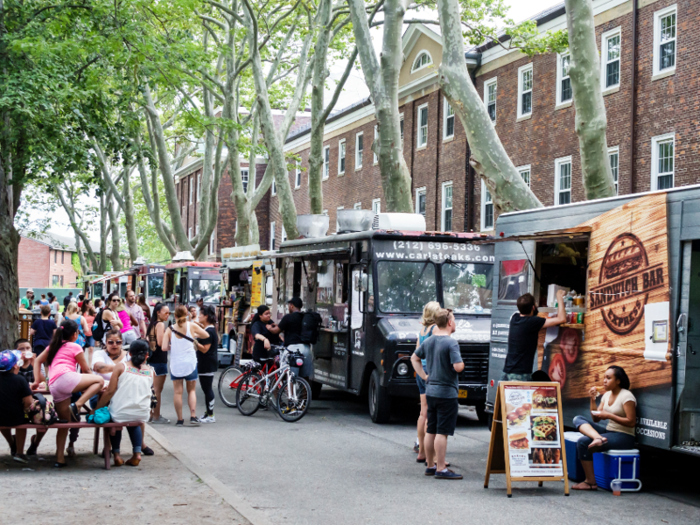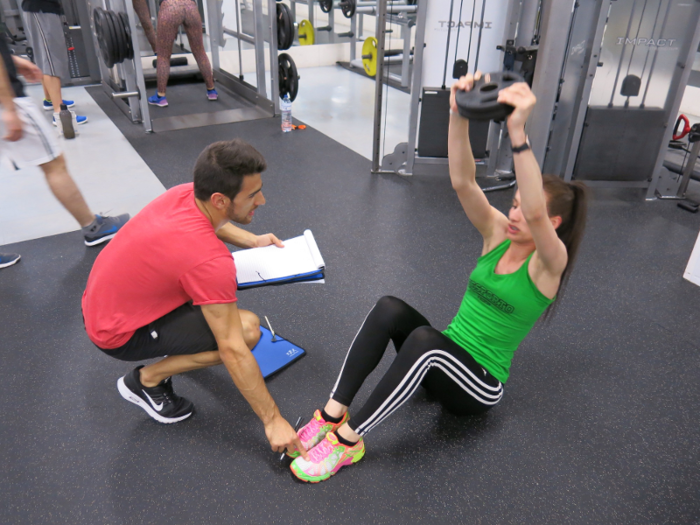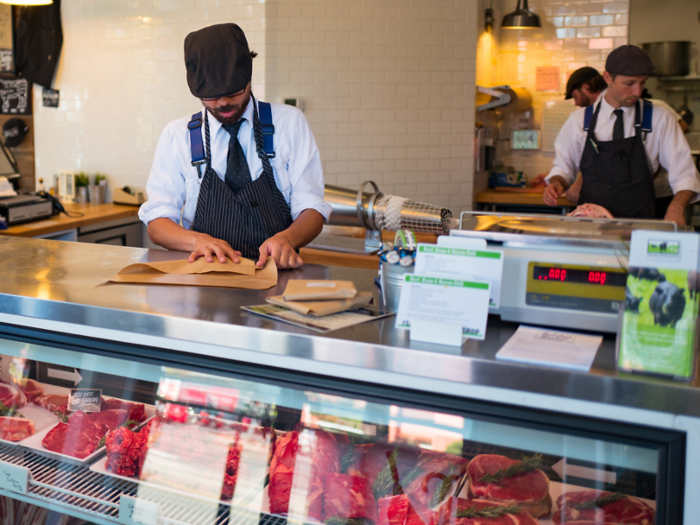- Home
- slideshows
- miscellaneous
- The 6 best industries for small businesses to thrive in, from food trucks to health to micromobility
The 6 best industries for small businesses to thrive in, from food trucks to health to micromobility
Micromobility

Health

Healthcare is already becoming a diversified industry, with small business offering personalized services, something large-scale hospitals aren't always equipped do. And many of those hospitals are no longer profitable, prompting closures around the country.
The government spends $3.3 trillion on healthcare every year, but there are still huge gaps in the health sector, such as uninsured patients and affordable services.
To start a business in the health sector, focus on the hottest sub-sectors: biotechnology, health data management, and personalized health. The demand for these businesses is growing as well. Healthcare stocks have increased by 185% over the last 10 years, and a quarter of venture capitalist dollars have gone to healthcare businesses. The only industry with more investment is technology, and similarly, healthcare demands specialized skills.
Food trucks

Food trucks, the last word in mobile hipster dining, will see even more small businesses join their fleets in the coming years. It's already an $800 million industry, and it's set to grow by 20% in 2019.
These businesses are easier, cheaper, and less risky to set up than a brick-and-mortar store, making them ideal for entrepreneurs with less capital.
To start a food truck business, you'll need specific business licenses, ordinances, and you'll have to follow safety compliance standards. According to the National Food Truck Association (NFTA), the top three friendliest cities for food trucks are Portland, Denver, and Orlando.
Personal trainers

Being a personal trainer means branding yourself as a business and gaining the right clients to spread the word. It's very easy to start out small — you can make a website and begin right away.
Between traditional gyms, boutique fitness clubs, and personal trainers, fitness is a $22.4 billion industry. According to the Bureau of Labor Statistics, personal trainers make $39,820 a year, and the number of trainers is set to increase 10% by 2026, 3% above the national average.
To start a personal training business, you might need nothing but exercise equipment, expertise, and some clients. This is about as small as small businesses get — your business can be profitable, even if it has just one employee. To go the extra mile, offer performance data, and use social media to find new clients.
Consumer retail

Consumer retail, which includes both online and physical shopping, is constantly growing. Brick-and-mortar stores still make up 90% of retail revenue. Even online retailers like Casper and Warby Parker have built stores to nab customers.
For the small business owner, starting online could prove more affordable, and there would be less risk.
But starting a consumer retail small business doesn't mean you'll make a profit right away. According to Fundera, net profit margins for consumer retail averages 2.61%, lower than most industries.
Personalized nutrition

Dozens of diet fads have come and gone, often confusing consumers rather than helping them. Personalized nutrition, however, caters to each individual consumer.
A study shows 15 million people have undergone genetic testing in one form or another, making health data more comprehensive than ever. Nutrition is known to prevent (or lower the risk of getting) dozens of diseases, from heart disease to diabetes.
To start a business in personalized nutrition, you'll need a background or degree in food and nutrition, human biology, exercise physiology, and/or behavioral psychology.
Popular Right Now
Popular Keywords
Advertisement